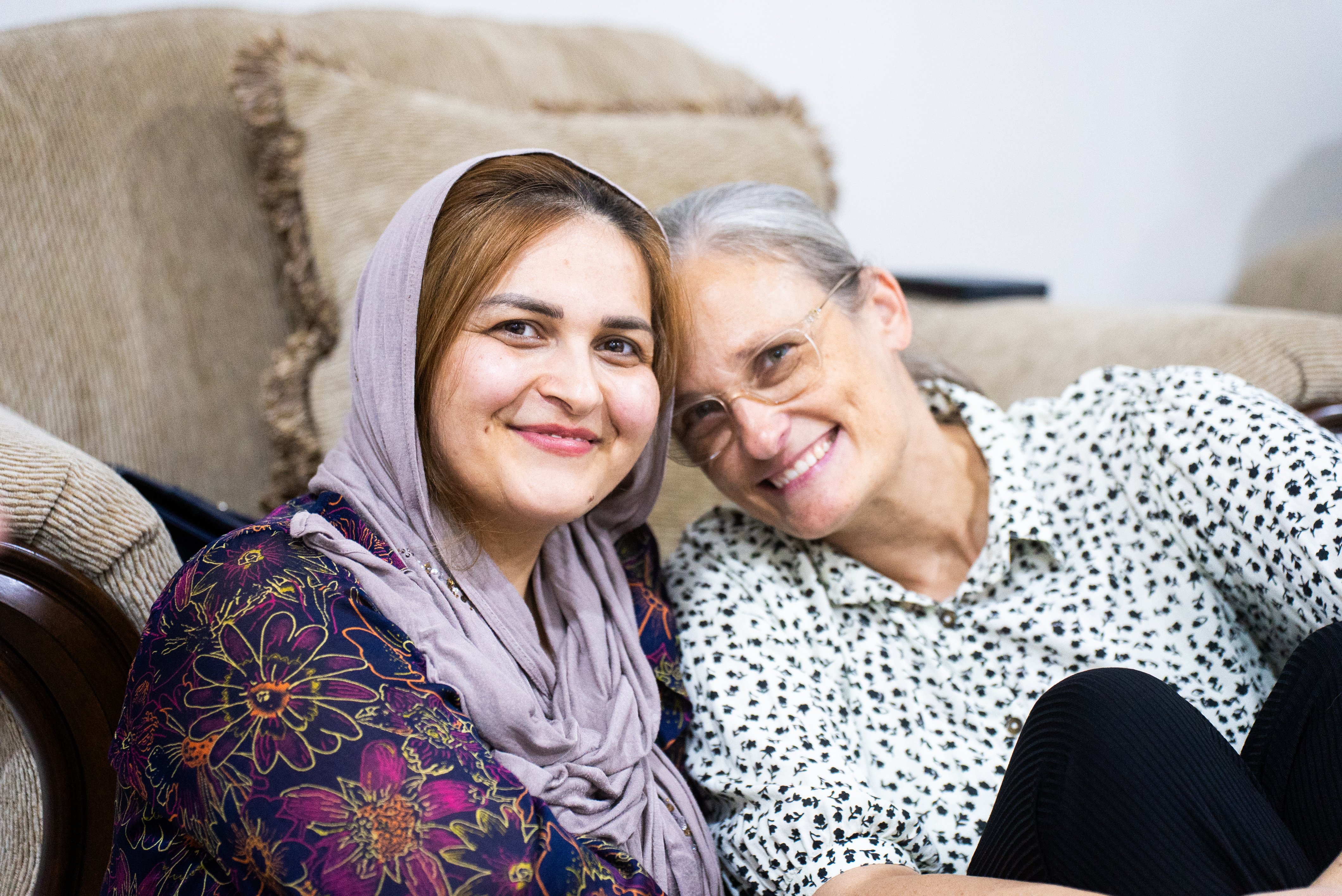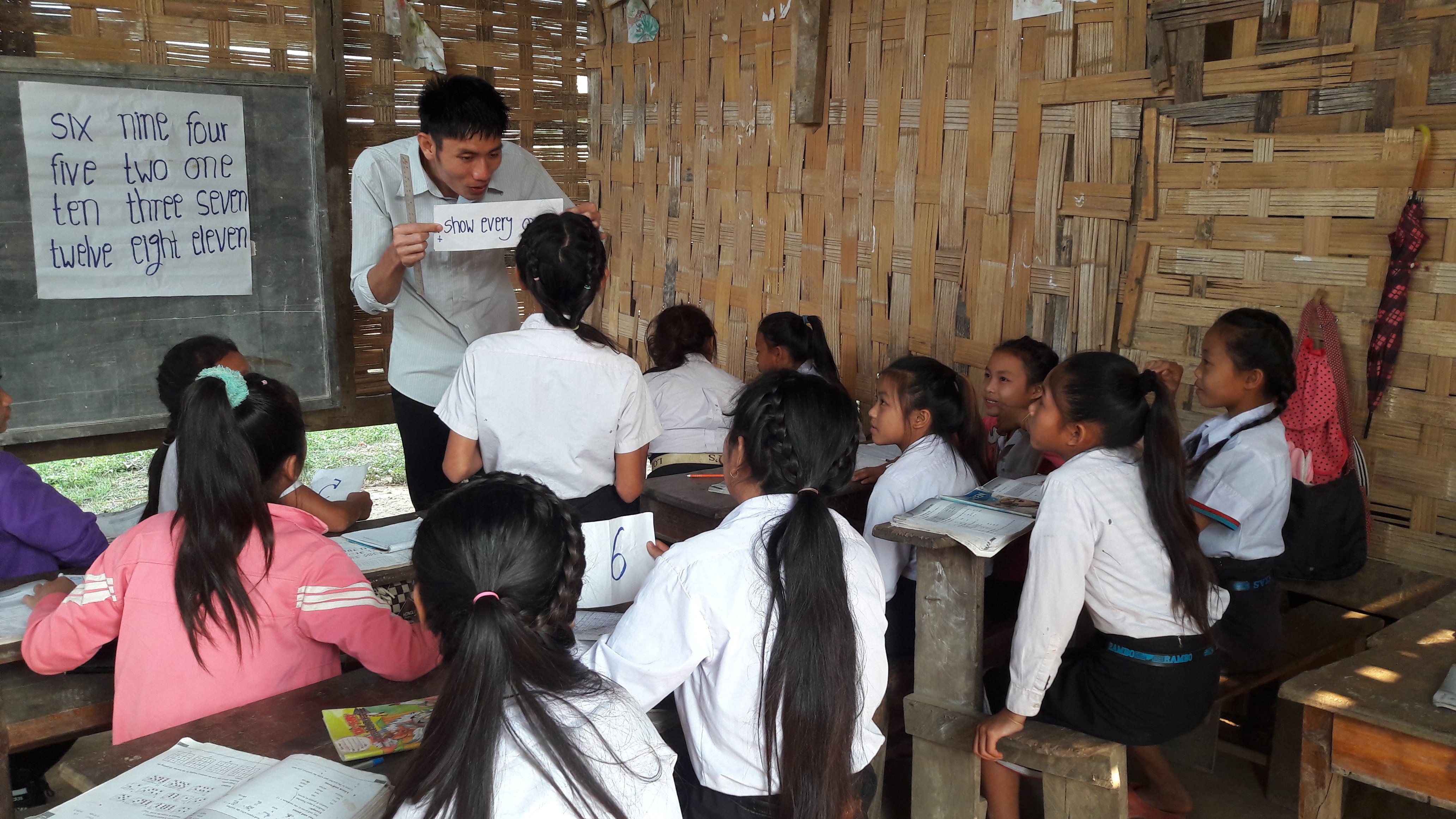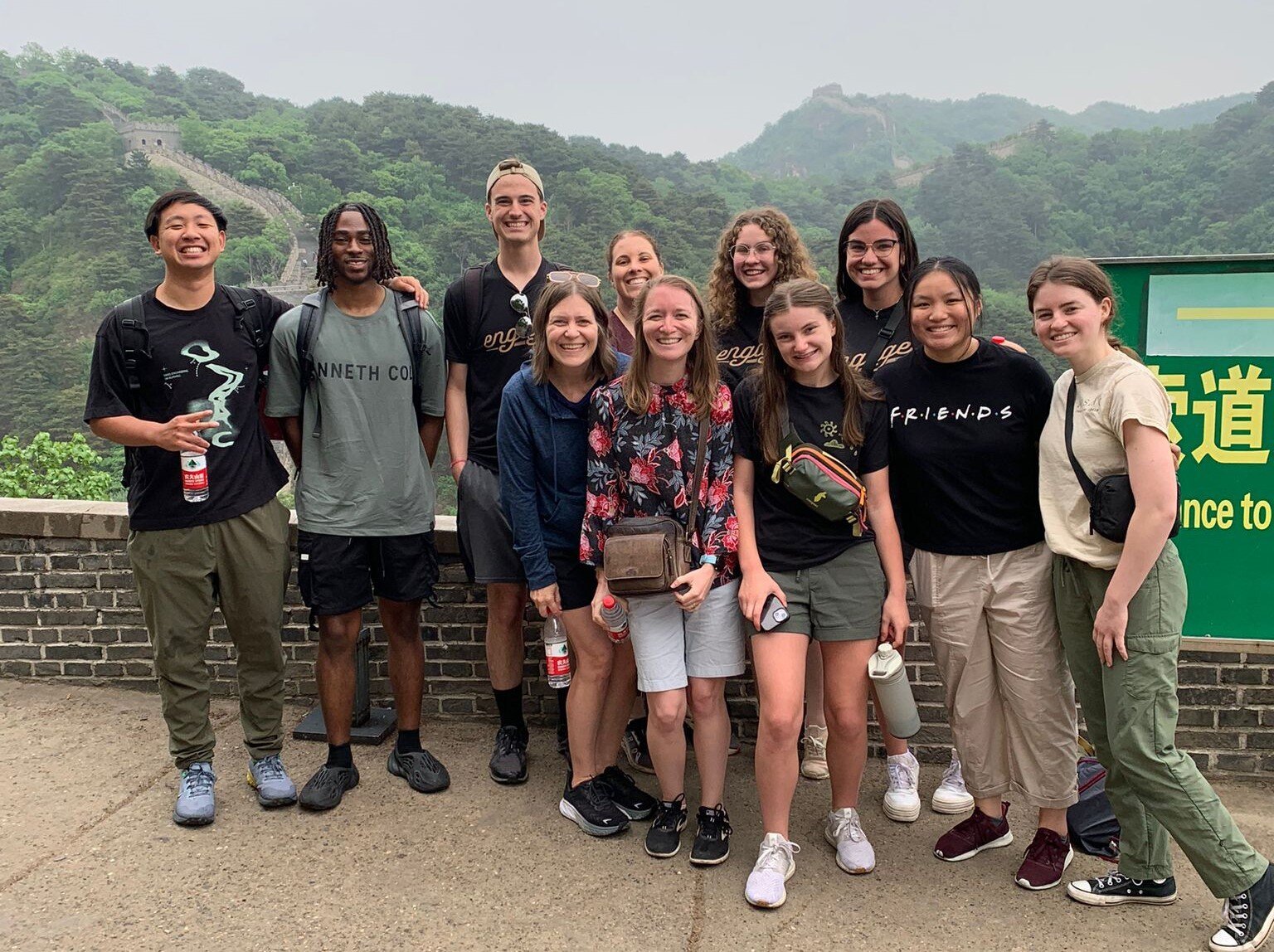For the past two articles, we’ve been talking about the concepts of the Western savior complex (the idea that affluent Western countries automatically have the superior knowledge and ability to solve problems in less wealthy countries) and voluntourism (when people spend a lot of money to go on short-term aid trips around the world but don’t create lasting positive impact).
These approaches are almost always well-intended. Affluent people in the Western world are moved by the wealth disparity with other parts of the world, and they rightly want to use their abundance to help where there is need. But when people accidentally slip into a Western savior or voluntourism approach, that “help” can do more harm than good.
The first post in this series explored how these methods often try to solve the wrong problem—something outside their expertise or understanding of cultural context. Then, last week, we covered how well-meaning volunteers can find themselves replacing local employment by doing jobs (construction, for example) that local professionals could be hired to do.
Today, we’re focusing more on voluntourism, where the main problem is temporary impact.
Avoiding this pitfall is especially important for ELIC because we send many short-term teams each year. For us, the key to lasting impact is the collaboration of long-term and short-term teams. It works like this:
- Experienced teachers go on short-term trips to new countries to assess the demand for foreign English teachers.
- If we are invited, we place long-term teams to work with our new university or government partners.
- Short-term teams visit to run summer programs alongside the long-term team, bringing a boost of energy.
- Summer students can continue their connection with the long-term team after short-term teachers head home.
- Some short-term teachers catch the vision for overseas education and become long-term teachers themselves.
This way, short-term programs contribute to ongoing work both by supporting long-term teams and as a funnel to help equip future long-term teachers. The trips are only a few weeks long, but the impact continues long after they leave.
The number of people in the West with big hearts for the world is a beautiful thing. Helping others with what you have is an admirable pursuit. But, on a practical level, that doesn’t matter if the “help” on offer is ineffective or harmful. ELIC is committed to helping in ways that make a real and lasting difference.
- We go where we are invited.
- We avoid addressing problems that our hosts are better equipped to solve.
- We honor the cultural context of the education systems where we serve.
- We partner with and train local English teachers to equip students in their own communities.
- We structure our programs for lasting impact, even on short-term teams.
But the real impact lies with the people we serve. We equip students with English skills, but they are the ones who go on to pursue their own goals and opportunities. It is our privilege to play a small part in their lives, and it is our joy to see how they invest in their families, their communities, and the world.




